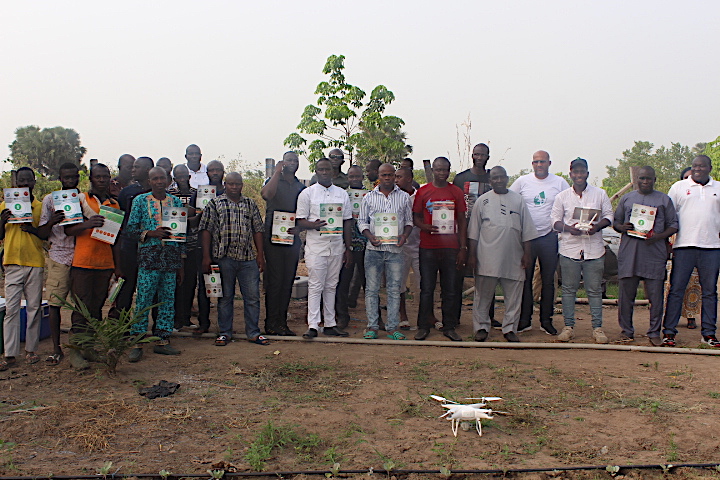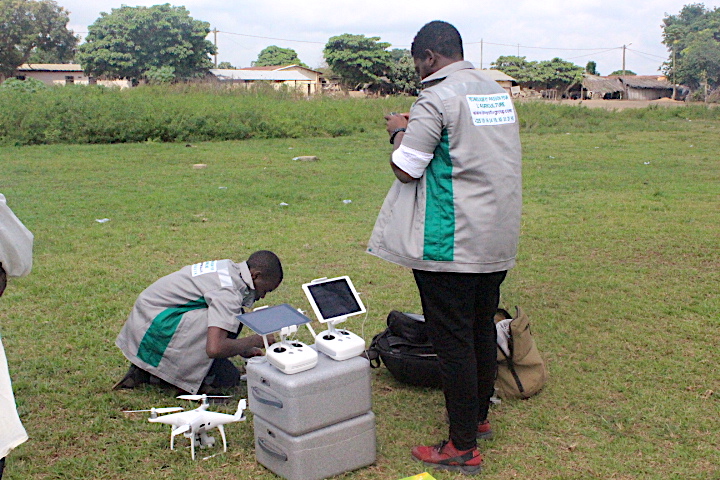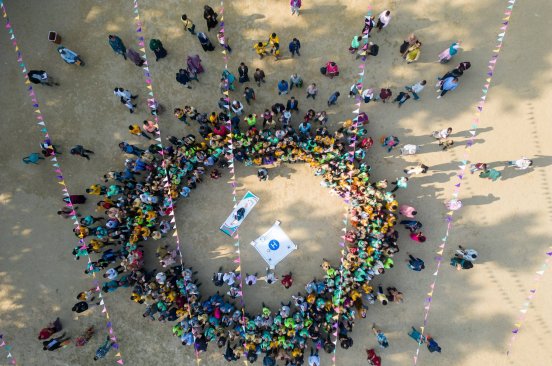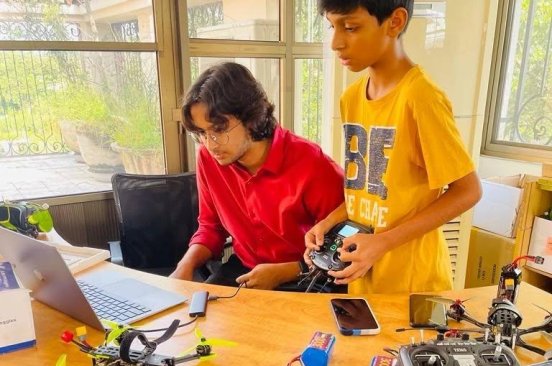
Detecting Methane with Drones: A Game-changer for Environmental Safety
Drones, Data and AI for Climate Action | July 29, 2025
Peru Flying Labs partnered with Aeromon to demonstrate how drones equipped with advanced gas sensors are transforming emissions monitoring.



